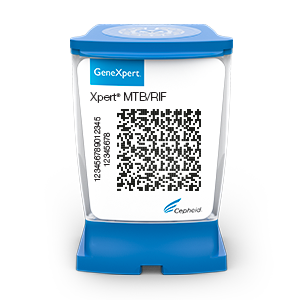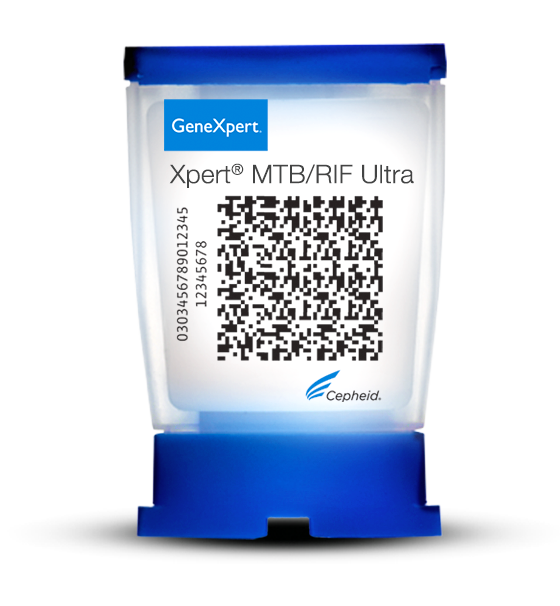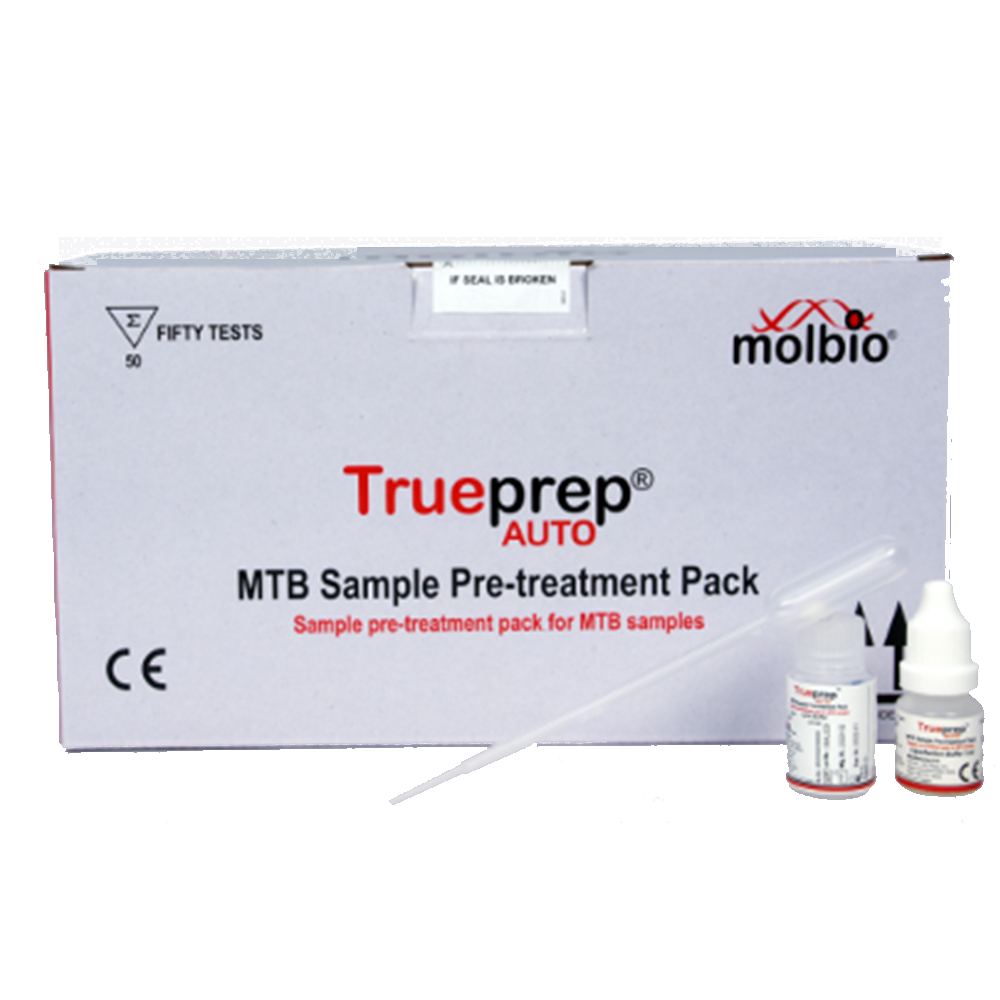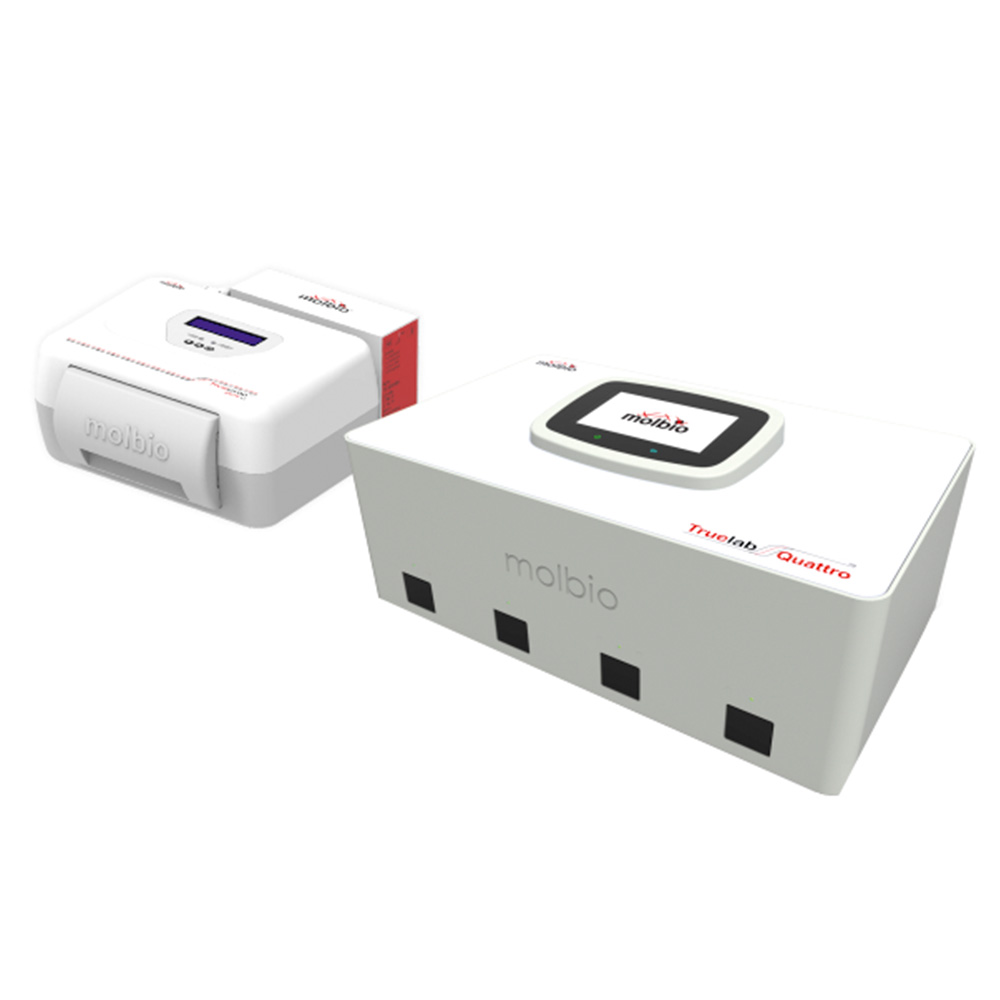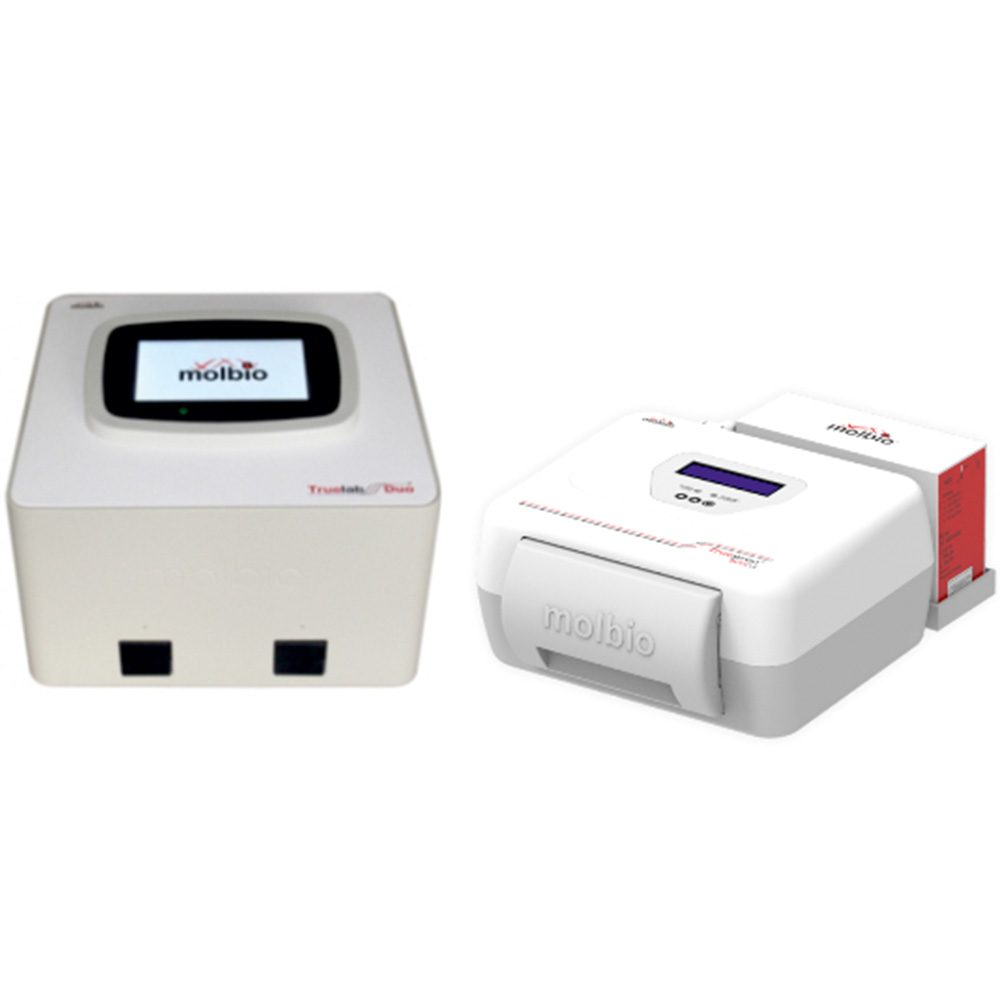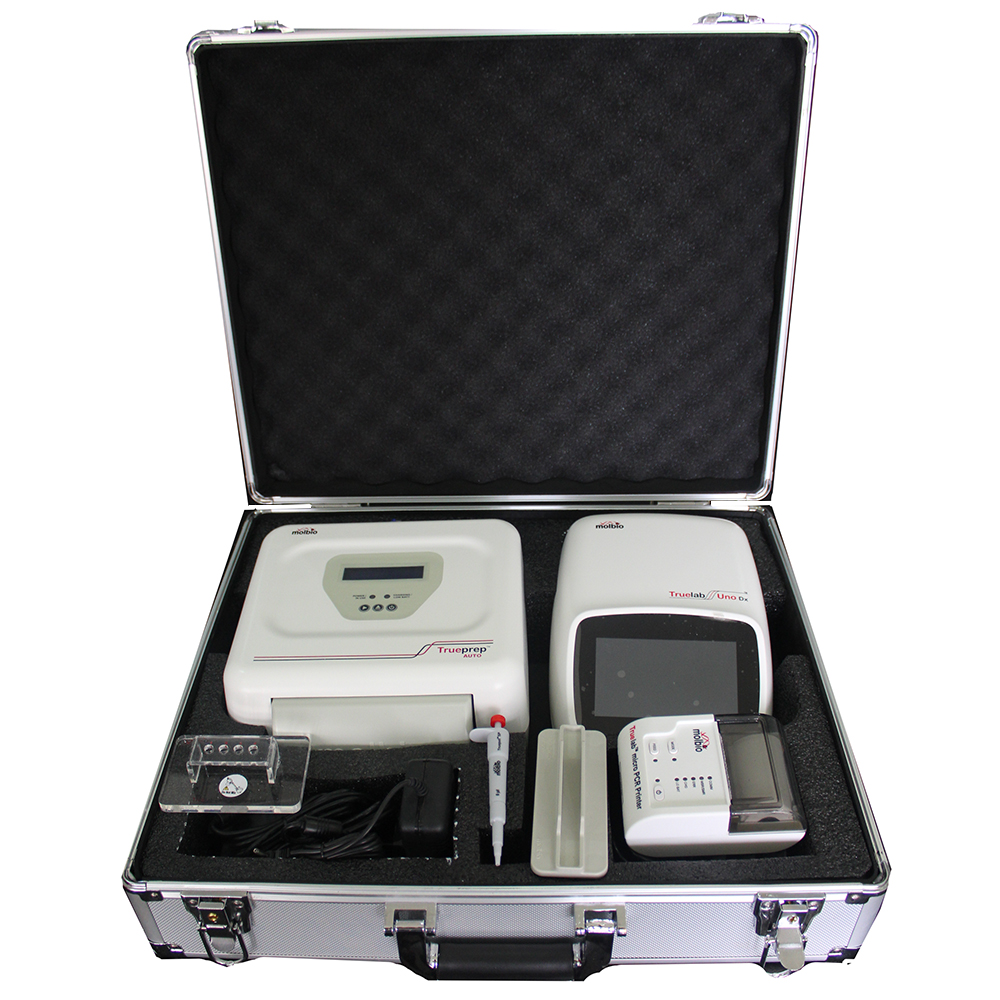Detection of Mycobacterium tuberculosis complex and Rifampin- resistance associated mutations in less than two hours
It’s basically a development that the world has been waiting for, for literally decades. It’s something that has the potential of truly revolutionizing the way we deal with TB today.
Dr. Mario Raviglione Director, Stop TB Department, WHO. As stated in the TB diagnostics conference call hosted by Advocacy to Control TB Internationally on December 7, 2010
The Need123
Current Testing Methodologies Are Too Slow
According to the World Health Organization (WHO), Mycobacterium tuberculosis (MTB) is considered to be vastly under diagnosed today, despite approximately 500,000 new active cases reported in the WHO European region during 2007. This is a direct result of current MTB testing methods requiring weeks to deliver a definitive result, which can lead to patients being left untreated or placed on ineffective therapies. These patients may continue to spread MTB to others in the community, increasing the disease burden.
Drug Resistant Strains
With the worldwide re-emergence of TB, multi-drug resistant (MDR) and extensively drug resistant (XDR) strains have become an even greater threat. According to the WHO Global Tuberculosis Control Report 2009, there may be more than 500,000 cases of MDR-TB worldwide. Current testing for drug resistance can take more than 4 weeks, leading to higher mortality and the further spread of MDR strains.
The Solution
Xpert® MTB/RIF
- Simultaneous detection of both MTB and rifampicin resistance, a surrogate marker for MDR strains
- Unprecedented sensitivity for detecting MTB — even in smear negative, culture positive specimens
- Results in two hours; requires no instrumentation other than the GeneXpert® System
- On-demand results enable physicians to treat rapidly and effectively
References
- Reducing the Global Burden of Tuberculosis: The Contribution of Improved Diagnostics. Nature 444 (2006): 49-57
- Hernández-Garduño E, Cook V, Kunimoto D, Elwood RK, Black WA, Fitzgerald JM: Transmission of tuberculosis from smear negative patients: a molecular Epidemiology study. Thorax 2004, 59:286-290
- National Institute for Clinical Excellence (NICE) Clinical Guideline 33, 2006



